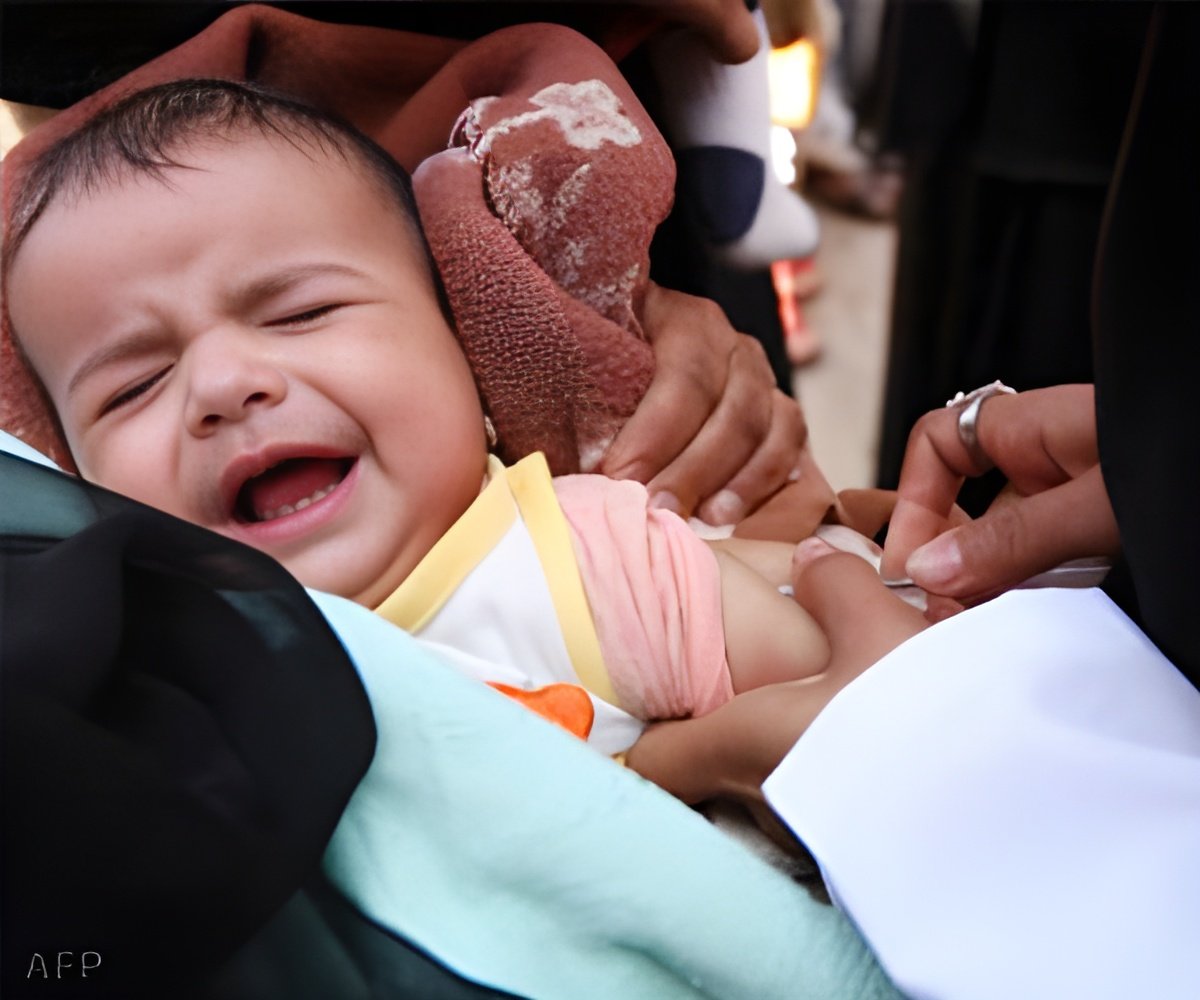The number of people dying from measles has reduced drastically, thanks to the mass vaccination campaigns, except for the outbreaks in crisis zones like Syria, said the UN on Thursday.

Measles, which is highly contagious and particularly deadly for children, claimed some 122,000 lives in 2012, the WHO said. This is the most recent year for which global figures are available.
Back in 2000, the toll was a stark 562,000.
Over the same period of time, the annual number of cases has been driven down from more than 853,000 to close to 227,000.
"Despite these gains, the progress is still fragile," Perry told reporters.
In nations where the disease had been close to eradication, war has set back efforts.
Advertisement
Perry said that the number of measles cases recorded in Syria was 13 in 2012, but that the figure last year was thought to be over 700.
Advertisement
With the three-year civil war having driven millions of Syrians from their homes, the disease has reared its head in neighbouring Lebanon, Jordan, Iraq and Turkey.
There have been similar concerns about a revival of polio in Syria.
Measles hotbeds have persisted, notably in African countries facing a mix of shaky health systems and conflict -- an outbreak in the Democratic Republic of Congo infected 72,000 in 2012.
Rich countries have not been unaffected either, for different reasons.
In Britain, the number of reported cases in 2012 was close to 2,100.
Perry said that was the result of parents' wariness due to the alleged links between measles vaccines and autism.
"That has since been found not to be true, but those fears still bounce around the blogosphere and Internet, and led to a drop of coverage in Britain, and now those children are the ones being affected," he said.
Source-AFP











